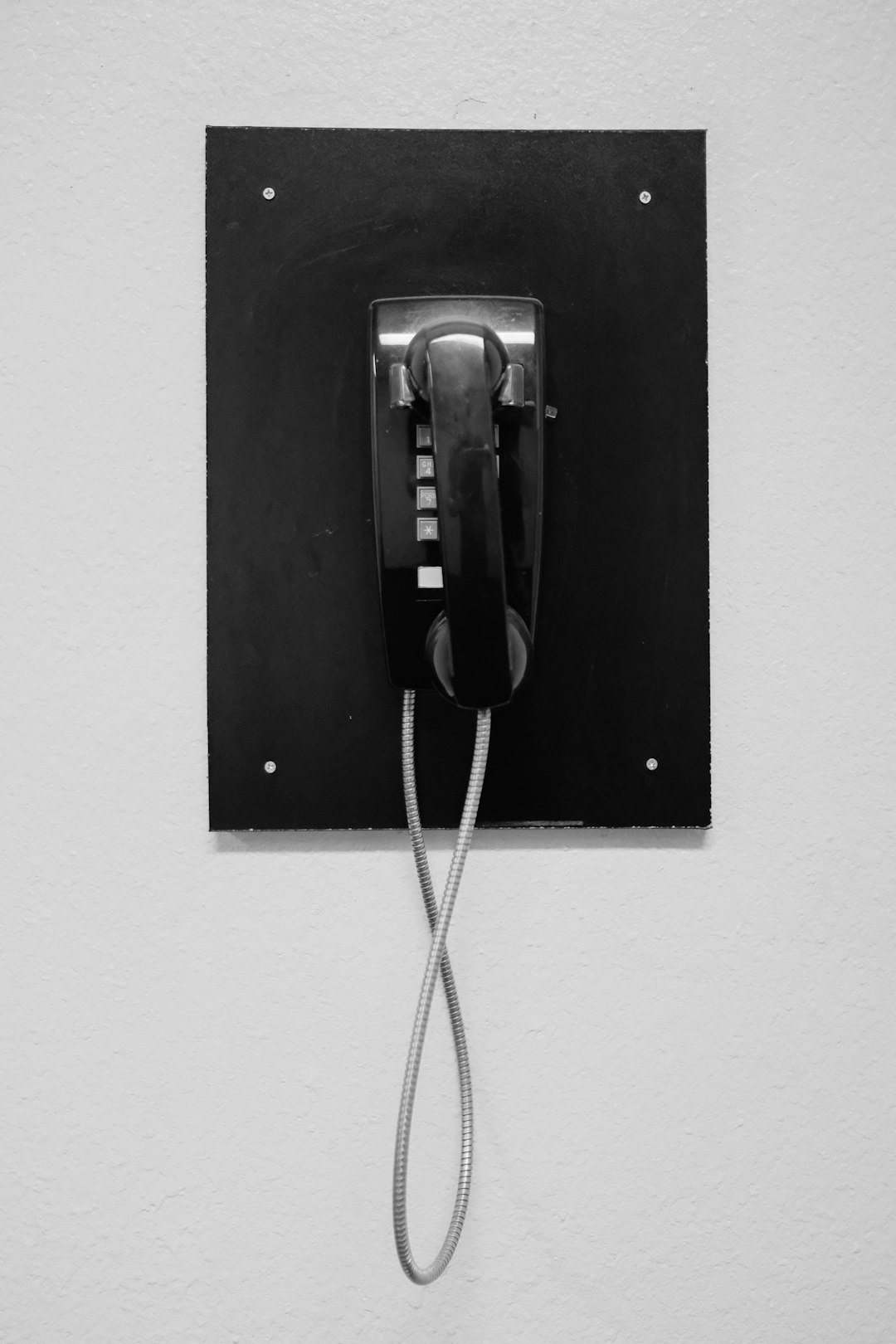North Dakota's "no call" laws protect residents from unwanted telemarketing by requiring companies to obtain explicit consent. If experiencing persistent or unsolicited calls, consulting a No Call Lawyer North Dakota can help register on the Do Not Call list, understand rights, and take legal action if necessary. In Watford City, ignoring requests to stop contacting is considered a "valid no call," allowing for legal action. Lawyers can guide victims through complaint processes or legal actions against violators. Misconceptions about the law are common; consulting a lawyer clarifies exemptions and effective navigation of rights.
“Navigating the complex landscape of consumer protection, Watford City, North Dakota residents now have powerful tools at their disposal thanks to ‘No Call’ laws. This comprehensive guide is designed to empower you with knowledge about your rights and the legal protections against unwanted telemarketing calls. Understanding what constitutes a valid ‘No Call’ request in your area is crucial, especially with the help of a dedicated No Call Lawyer North Dakota. Learn how to assert your rights, file complaints effectively, and dispel common myths surrounding these regulations.”
Understanding No Call Laws: A Basic Overview for North Dakota Residents

In North Dakota, “no call” laws are designed to protect residents from unwanted telemarketing calls and sales pitches. These regulations give individuals the right to opt-out of receiving such calls, providing a layer of privacy and peace for homeowners. The laws require companies engaging in telemarketing activities to obtain explicit consent before calling residents. This means that if you haven’t given permission for your number to be contacted, businesses cannot call you under any circumstances.
If you’re facing persistent or unwanted calls, it’s advisable to consult a No Call Lawyer North Dakota. Legal professionals specializing in this area can guide residents on how to register their numbers on the Do Not Call list, understand their rights, and take appropriate action if their privacy is invaded. They can also assist in navigating any disputes related to these laws, ensuring that your rights as a North Dakota resident are respected and upheld.
What Qualifies as a Valid No Call in Watford City?

In Watford City, North Dakota, understanding what qualifies as a valid “no call” is crucial for residents seeking legal recourse against unwanted phone calls. A valid no call means that a caller has intentionally and repeatedly ignored a request to stop contacting a resident. This can include scenarios where a consumer explicitly informs the caller, in writing or verbally, not to contact them again. For instance, if you’ve received unsolicited sales calls despite asking the caller to remove your number from their list, it could constitute a valid no call basis for legal action.
To bolster your case as a North Dakota resident facing persistent unwanted calls, consulting with a No Call Lawyer in North Dakota is advisable. Legal professionals specializing in this area can provide guidance tailored to local laws and help you navigate the process of filing a complaint against repeat offenders. They can also assist in securing damages if applicable, ensuring that your rights as a consumer are protected.
Your Rights and the Legal Recourse Available Against Violators

In Watford City, North Dakota, residents have specific rights and protections under the state’s no-call laws, designed to curb unwanted telemarketing calls. If your privacy has been infringed upon by persistent or unauthorized phone calls, you aren’t without recourse. The first step is to understand your rights; per North Dakota law, residents can opt-out of receiving telemarketing calls by registering with the state’s Do Not Call list. Furthermore, it’s illegal for businesses to call individuals on the list, and violators face penalties.
If you’ve been harassed or are experiencing persistent no-call violations, consulting a No Call Lawyer in North Dakota could be beneficial. Legal professionals specializing in this area can guide you through the process of filing complaints with regulatory bodies or taking legal action against violators. They ensure that your rights are respected and help maintain peace of mind in your home, free from unwanted and intrusive phone calls.
How to File a Complaint: Step-by-Step Guide for Effective Action

If you’re a resident of Watford City, North Dakota, and are experiencing unwanted phone calls from telemarketers or debt collectors, it’s important to know your rights and how to take action. Filing a complaint is a crucial step towards stopping these relentless calls. Here’s a straightforward guide on how to do it:
1. Identify the Caller: First, note down the phone number and any details about the caller, such as the company or organization they represent. This information will be essential when filing your complaint.
2. Contact the North Dakota Department of Commerce: North Dakota has a specific division dedicated to consumer protection. You can file a complaint online through their official website or by calling their helpline. Provide all relevant details about the caller and the nature of the calls you’ve received. They will document your complaint and take appropriate action.
3. Hire a No Call Lawyer North Dakota: If the calls persist despite your efforts, consider consulting a lawyer specializing in no-call laws. A legal professional can guide you through the process, ensure your rights are protected, and potentially take further action against the violators. They may send cease-and-desist letters or file lawsuits to stop the unwanted phone marketing activities.
Common Myths Debunked: Separating Fact from Fiction Regarding No Call Regulations

Many residents of Watford City, North Dakota, have misconceptions about “no call” laws, often requiring the assistance of a No Call Lawyer North Dakota to clarify these myths. One common misconception is that registering on the Do Not Call list automatically stops all telemarketing calls. In reality, this list only restricts calls from registered sales companies and charities. It does not prevent calls from financial institutions, credit card companies, or collection agencies, which are exempt from these regulations.
Another popular myth is that placing a “Do Not Disturb” sign on your property is enough to stop all unwanted calls and visits. This is simply not true. While it indicates your preference for reduced contact, it doesn’t have any legal weight and won’t deter determined salespeople or collectors. Understanding these myths can empower residents to better navigate their rights within the framework of no-call regulations.





